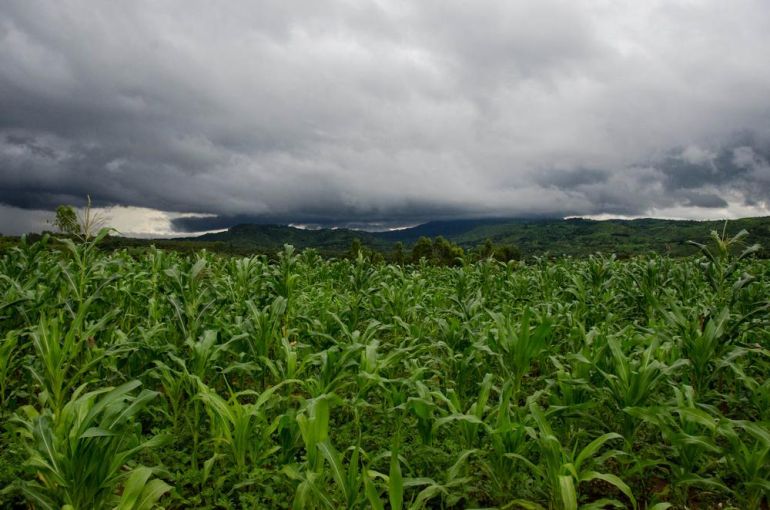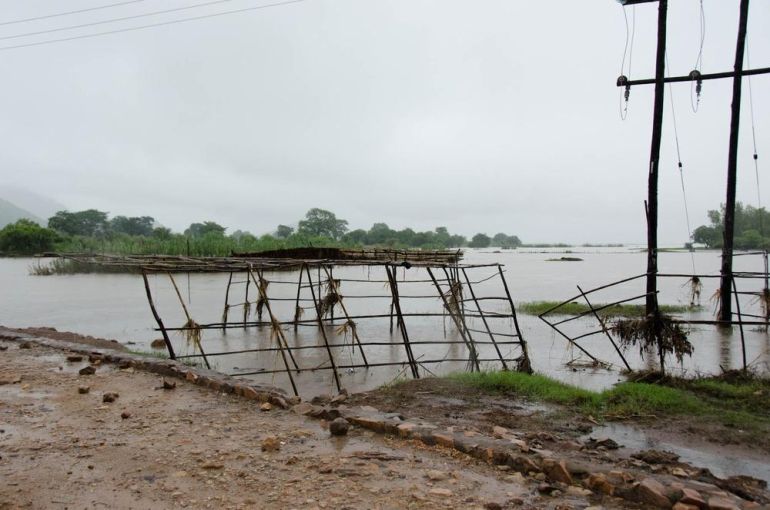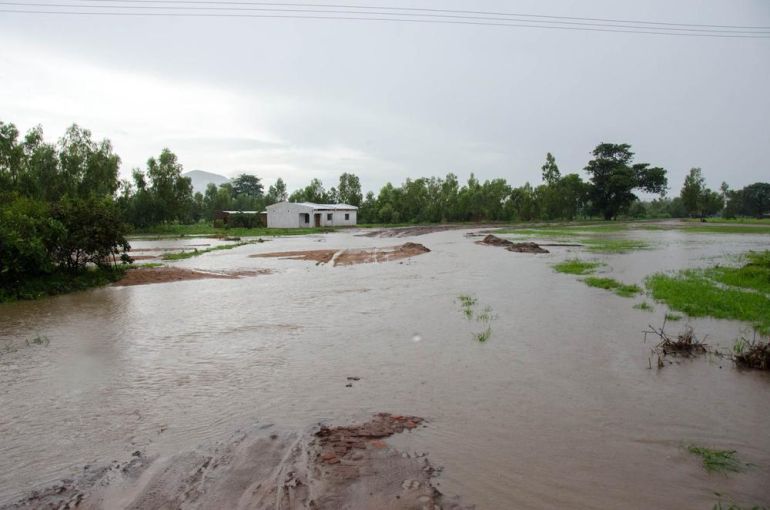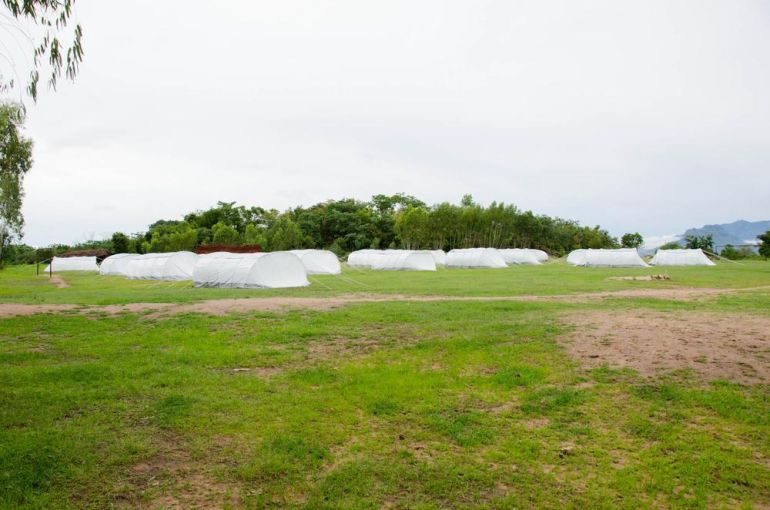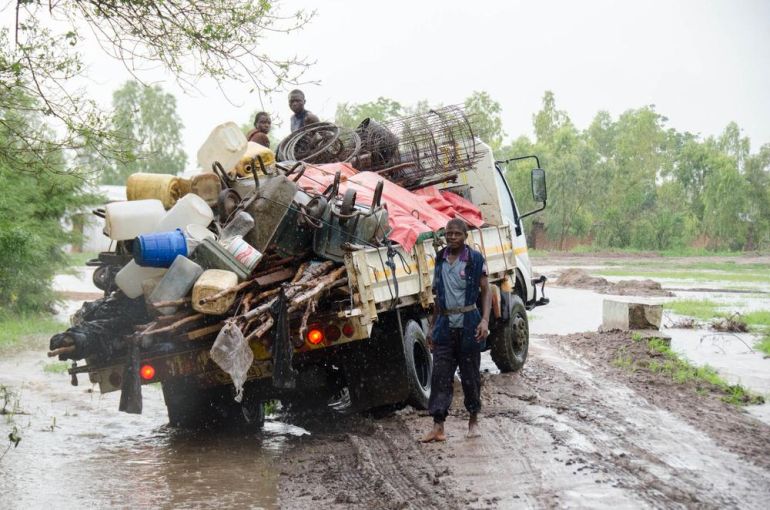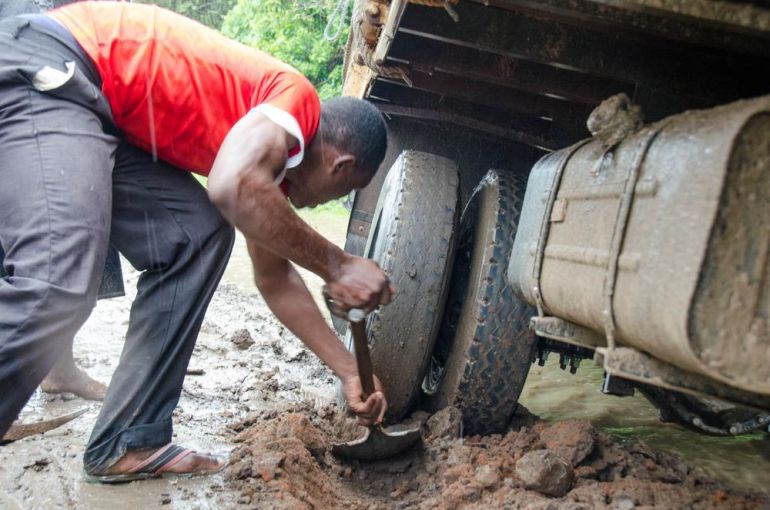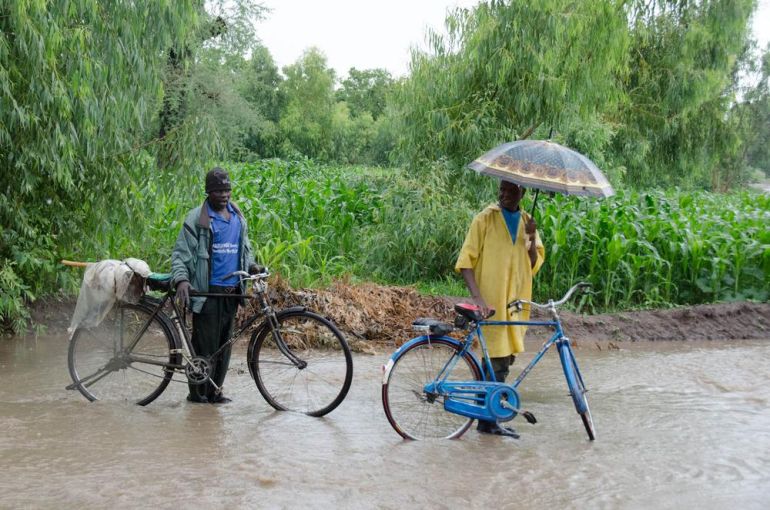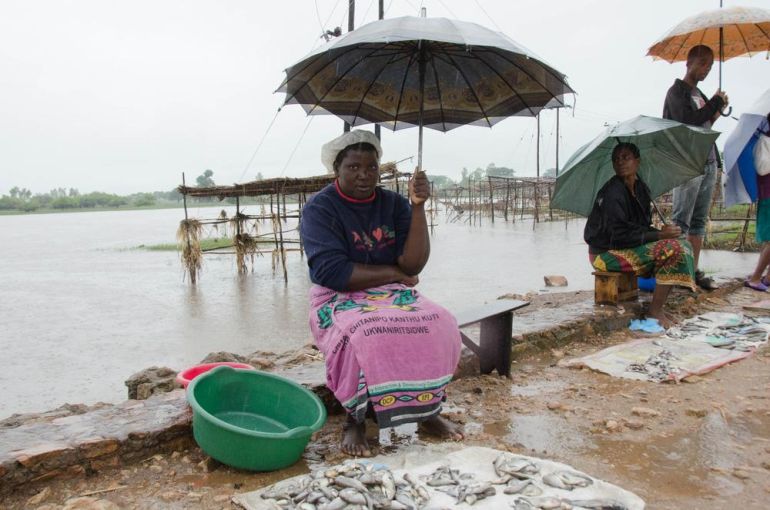In Pictures
Surviving Malawi’s devastating floods
Malawi is suffering a humanitarian emergency and the impact of the record floods will be felt for months, if not years.
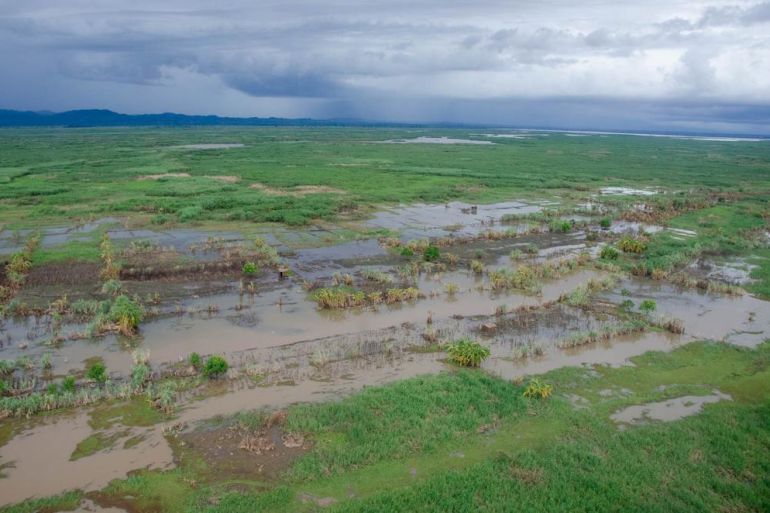
Phalombe, Malawi – More than a million people have been affected by Malawi’s worst rains in the 50 years since independence in 1964. Floods have washed away tens of thousands of houses, destroyed crops, and wiped out livestock in the southern African nation – one of the poorest in the world.
According to UN figures published on February 4, 336,000 people have been displaced by the floods, which hit 15 of Malawi’s 28 districts. There have been 104 confirmed deaths and 172 people are missing. The broader impact of the destruction of agriculture means that an estimated 1.15 million people have been affected nationwide.
International aid organisations have stepped in to try to provide food, shelter and basic services for those who have been displaced. The government has declared a State of Disaster, and donors have agreed to divert funding.
Reaching everyone in need is proving a close to impossible task. The unprecedented scale of the disaster and the way in which the population has been scattered make the delivery of aid extremely challenging.
Rain continues to fall in Malawi, steadily increasing the number of displaced.
Living conditions for those displaced offer perfect conditions for the rapid spread of deadly diseases such as cholera and measles. In tests carried out on young children by Medecins Sans Frontieres in the district of Nsanje, 80 percent were positive for malaria.
Thousands of people are still without food aid, and if a narrow window of opportunity to replant devastated crops is missed, food shortages will persist for another year.
Malawi is suffering a devastating humanitarian emergency, but without immediate intervention, the impact of the floods will be felt for months, if not years to come.
Thousands cut off from aid in disastrous Malawi floods
